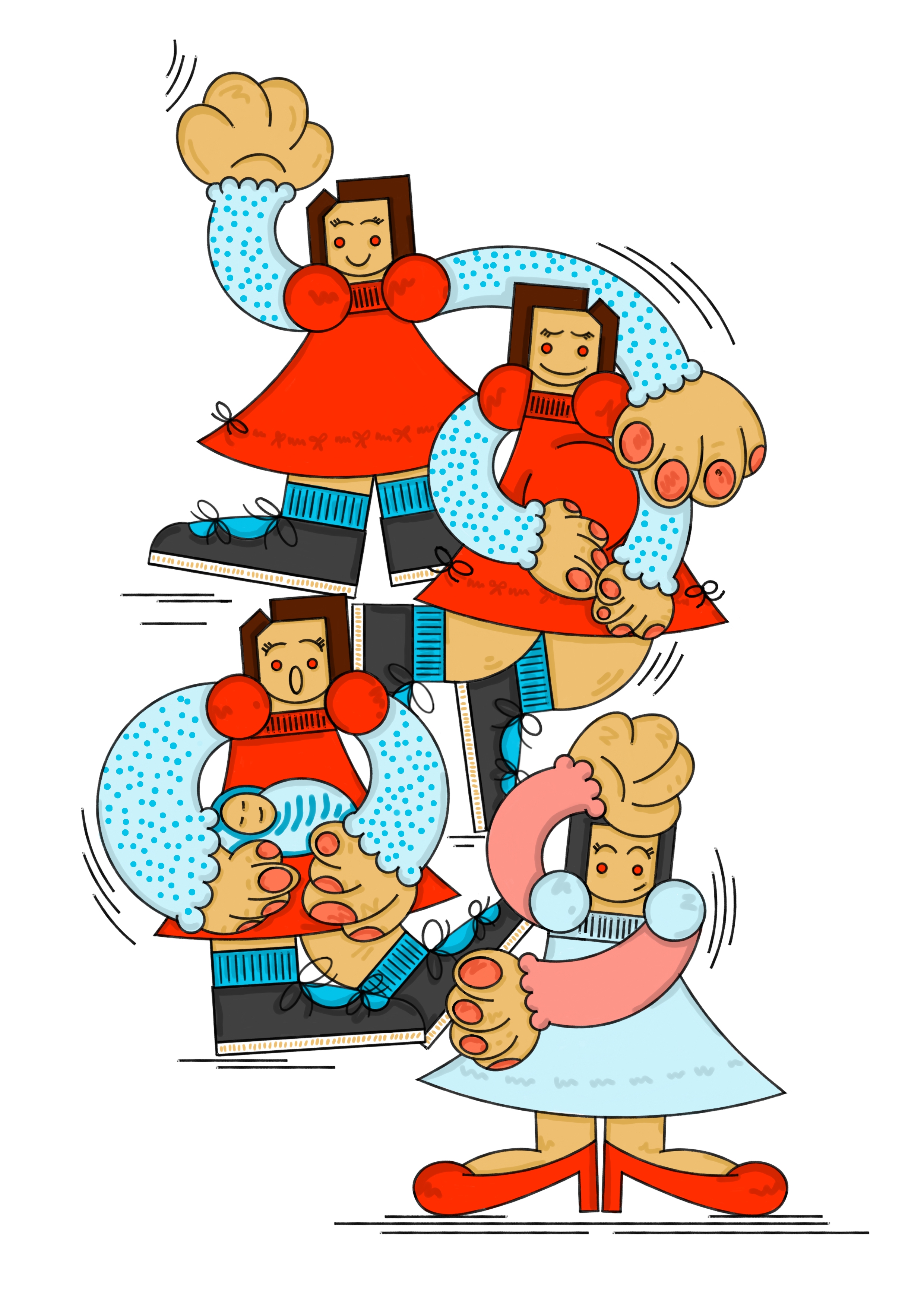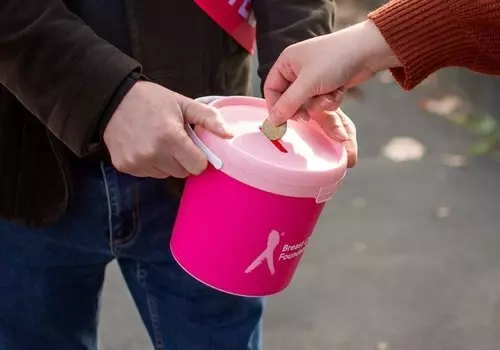Illustration by Bridget Daulby
Hormones are chemical messengers that form incredibly complex systems throughout our body. These systems control us physiologically and psychologically, facilitating everything from reproduction to falling asleep at night.
While males and females have mostly similar hormones, the cycles and amounts of these hormones are quite different.
One full hormonal cycle for males is roughly 24 hours long – similar to that of the sun.
The female hormonal cycle is more complex – one full cycle is roughly 28 days, with four distinct phases. This cycle will also experience change depending on stage of life.
Menstruation
As the longest phase for females, establishing hormonal harmony here is key for wellbeing. You’ll understand your cycle and your hormonal needs at each stage better if you track your cycle.
Oestrogen dominance, low progesterone and a combination of both are the most common hormone imbalances. The signs are similar, so testing is advisable.
Eve Wellness offers at-home hormone test kits for optimal transparency, making it easier to determine what support your body needs to restore hormonal balance.
Pregnancy
The body has special, increased nutrient needs to support the health of both mama and baby during pregnancy.
If possible, nourish your body with essential nutrients at least three months prior to conception.
• Folinic acid: Prior to conception and during the first 12 weeks. We recommend 1000mcg from food and supplements combined.
• Choline: Important for membrane, brain development and genetic expression, great sources include eggs and peanuts.
• Iodine: 300mcg from food and supplements. Kelp is the best source.
• Lactobacillus rhamnosus and Lactobacillus fermentum probiotics: For a healthy birth canal. Find both in BePure Prenatal Nurture.
Postnatal depletion
Breastfeeding, sleep deprivation and embarking on the journey of feeling back at home in your own body can require extra nutrients for optimal hormonal balance and happiness.
Try taking a high-quality, broad spectrum daily multivitamin and a high-quality fish oil. As much as possible focus on adding in wholefoods and eating grass-fed meat and poultry.
Menopause
During this stage, the ovaries gradually stop producing oestrogen and progesterone. The decline of oestrogen can take some time for the body to adjust to, and lifestyle factors including increased environmental toxins, stress, and consumption of sugar, and alcohol can make it even more challenging.
To support hormonal harmony during this phase, you’ll want to go easy on the alcohol – sorry! – and eat a wholefood diet rich in organic (if possible), vegetables and grass-fed meat. Plant phytoestrogens-containing foods, such as flaxseeds, berries, lentils and tempeh (fermented soy), help smooth the body’s transition, while herbs black cohosh, sage and ashwagandha help ease the symptoms. Gentle, restorative exercise, such as yoga and walking, is very supportive.
And for the males…
Men experience a natural decline in testosterone as they age. Known as andropause, it is associated with a decline in muscle mass and libido, and increases in body fat – particularly around the belly.
Belly fat can increase estrogen in the body (in the male body this leads to ‘man boobs’), so we want to reduce that. Eating a wholefood diet, low in alcohol and sugar, and high in cruciferous vegetables, such as broccoli, is the best way to go about this. Compound exercises that use the legs are also a great way to support testosterone production.







